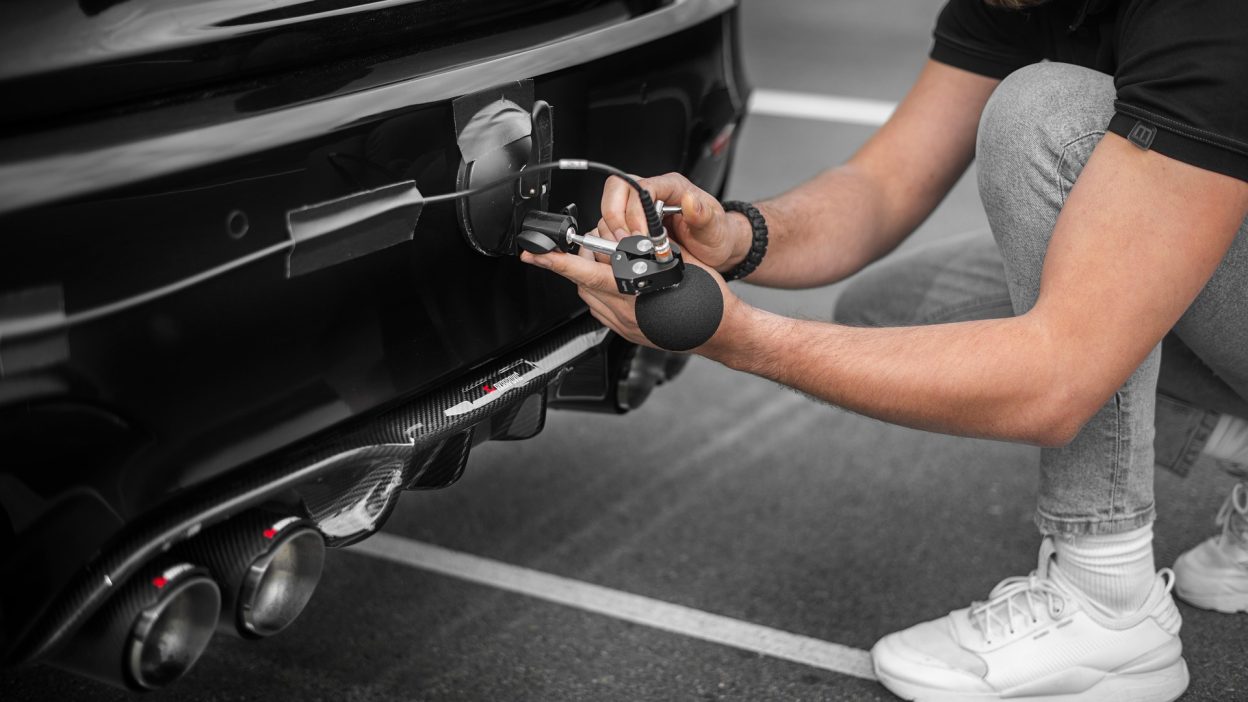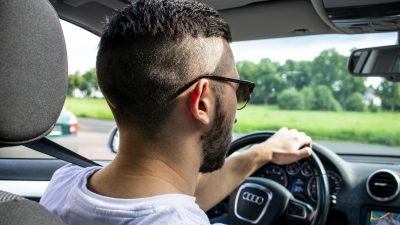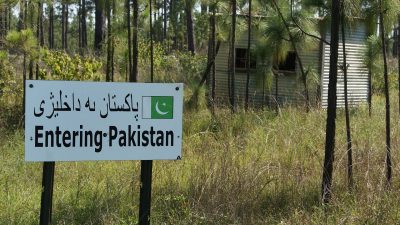From frequent braking to ignoring warning signs
Whether you’ve been driving for years or just started, your driving habits directly impact your car’s longevity and maintenance costs. Some behaviours, while seemingly harmless, can damage essential components and lead to expensive repairs. To help you avoid unnecessary breakdowns and expenses, here are five of the worst driving habits that could be ruining your car—and how to fix them.
1. Frequent & Unnecessary Braking
If you’re constantly slamming on the brakes or braking unnecessarily, you’re putting excessive wear on your brake pads, discs, and tyres. This means more frequent replacements and higher maintenance costs.
Solution:
- Keep a safe following distance to avoid sudden braking.
- Learn to coast when approaching traffic stops instead of relying on heavy braking.
- Regularly check brake fluid levels and replace brake hoses when needed.
2. Ignoring Unusual Noises & Warning Signs
That strange rattling, squeaking, or grinding noise? It’s your car trying to tell you something is wrong. Ignoring these warning signs can turn small issues into expensive repairs—or even cause a breakdown when you least expect it.
Solution:
- If you hear unusual sounds, take your car to a mechanic immediately.
- Address minor repairs early to prevent bigger, costlier problems.
- Pay attention to dashboard warning lights and never ignore them.
3. Running a Cold Engine at High Revs
Modern engines don’t require long warm-ups, but revving a cold engine too hard can cause excessive wear on internal components. In cold weather, driving aggressively before the engine reaches its optimal temperature can lead to oil starvation and engine damage.
Solution:
- Let your car idle for 1-2 minutes before driving, especially in winter.
- Avoid revving above 2,000 RPM until the engine is warm.
- Use this time to adjust mirrors, clean windows, or get comfortable before driving.
4. Keeping Your Foot on the Brake While Driving Downhill
Many drivers rest their foot on the brake pedal when driving downhill, thinking it gives them better control. In reality, this overheats the brakes and wears down brake pads and discs faster.
Solution:
- Downshift to a lower gear to use engine braking instead of relying solely on the brakes.
- If you must brake, apply steady, controlled pressure rather than continuous braking.
- Don’t be alarmed by the sound of engine braking—it’s a normal and effective technique.
5. Refuelling Only When the Tank Is Almost Empty
Letting your fuel tank run close to empty can cause dirt and sediment buildup in the tank to clog fuel filters and damage the fuel pump. In cold weather, condensation in an almost-empty tank can freeze and cause serious issues.
Solution:
- Keep your fuel tank at least half full to prevent sediment from entering the fuel system.
In winter, avoid letting fuel levels drop below a quarter tank to prevent condensation issues.




